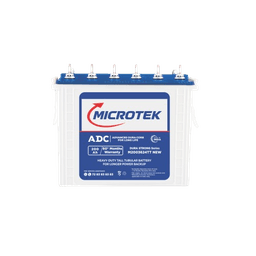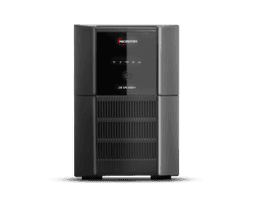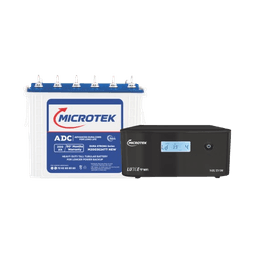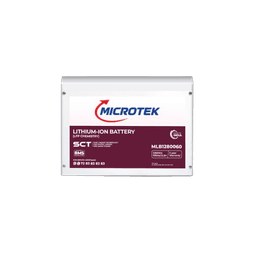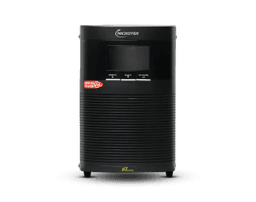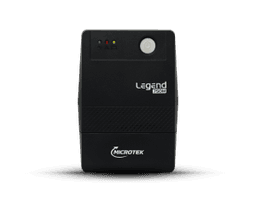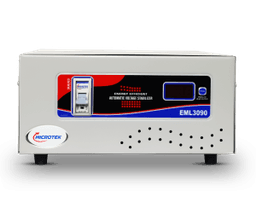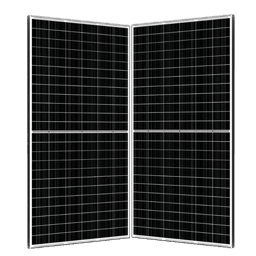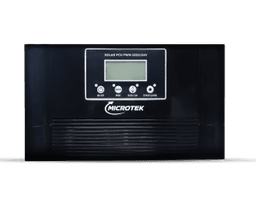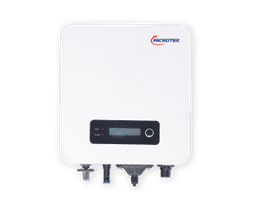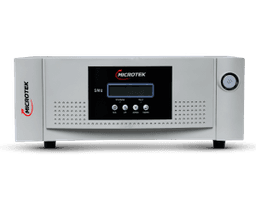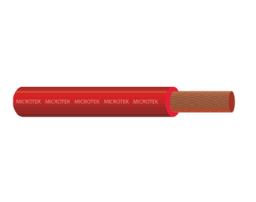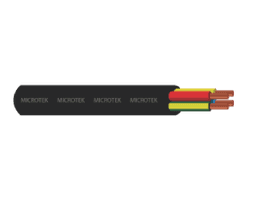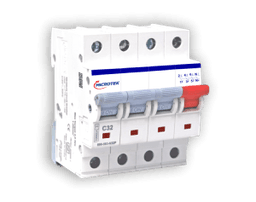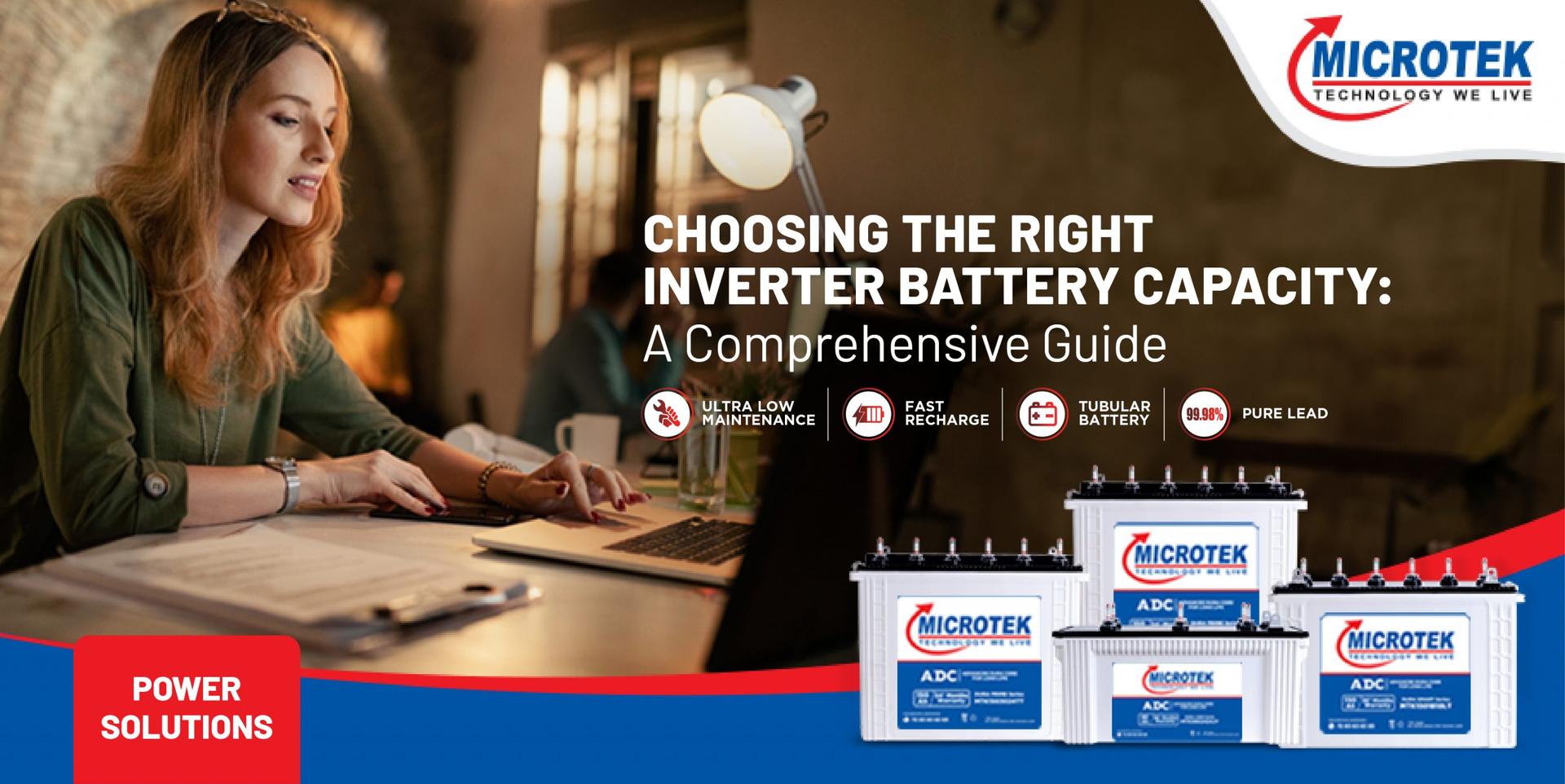
Power Shift: Lithium-Ion’s Impact on India’s Energy Future
India is recasting swiftly. Here, a foremost explanation is the rise of lithium-ion-based batteries. These batteries are undersized, assertive, and long-lasting. They are currently utilised in various appliances, including solar devices. This transition will be influential for India’s future. The country needs clean and efficient energy. The lithium-ion inverter battery helps reduce pollution and save energy. They also support India’s shift to electric transport and renewable power.
Microtek's Advanced Lithium-Ion Battery: Powering India's Future
To meet the growing market demand, Microtek has introduced its all-new Lithium-Ion Battery with cutting-edge LFP (Lithium Ferro Phosphate) chemistry, SyncCharge Technology (SCT), and an intelligent Battery Management System (BMS).
Battery Management System (BMS): Preventing overheating, short circuits, and overloads for maximum safety and reliability.
SyncCharge Technology (SCT): Optimizes power flow, ensuring efficient charging, longer battery life, and stable energy output.
LFP Chemistry: Offers a longer lifespan, better thermal stability, and enhanced safety compared to traditional lithium-ion batteries.
Designed to support heavy-load offices, uninterrupted work-from-home setups, and non-stop study sessions, Microtek’s Lithium-Ion Battery is the perfect backup power solution for homes and businesses. With superior performance and durability, it ensures uninterrupted power, making it an essential choice for modern energy needs.
The Rise of Lithium-Ion Batteries in India
India is one of the greatest users of such batteries. The need is expanding in three significant areas:
1. Electric Vehicles
EVs are becoming prevalent in India. They use the lithium-ion inverter battery instead of petrol or diesel. These batteries help in:
Reducing air pollution in cities.
Lowering fuel costs for people.
Improving energy security by cutting oil imports.
The Indian government is also supporting EVs. It gives subsidies and builds charging stations. This is making EVs more affordable. More individuals are now opting for these two-wheelers, automobiles, and buses. Many companies in India are producing electric vehicles. They are utilising adequate batteries and more inexpensive EVs.
Public transport is also changing. Electric buses are substituting diesel ones in multiple metropolises. This aids in lowering pollution and reducing fuel expenses. In the future, more metropolises will embrace these electric transports.
2. Renewable Energy Storage
India is focusing on solar and wind energy. These sources are clean but not always available. Solar power works only in the daytime. Wind power depends on the weather. These batteries carry energy from the sunlight and breeze. This accumulated power can be utilised when required. It assists in delivering endless electricity, even at nighttime or on murky days.
Multiple solar farmsteads are using these batteries. Abodes and enterprises are also opting for battery repository systems. This obliges them to utilise solar power even when the sunlight is not blazing. Battery storage also helps during power cuts. People in villages and cities are using battery-powered inverters. These systems provide backup power when electricity goes out.
3. Customer Electronics
Smartphones, laptops, and devices all utilise these batteries. People in India buy millions of these devices every year. The need for adequate batteries is expanding. These batteries are also utilised in power banks, smartwatches, and even wireless earphones. They help make modern life easier. Multiple Indian organisations are constructing lithium-ion battery packages. This permits the reduction of the cost of electronics. In the future, more battery production will happen within the country.
How Lithium-Ion Batteries Are Changing India?
The need for lithium-ion batteries for inverters is driving big shifts in India’s power sector.
1. Lowering Reliance on Fossil Fuels
India leans on coal and oil for power. These fuels cause pollution and are expensive. Lithium-ion batteries help replace them with clean energy. Better EVs and renewable power generation imply a smaller demand for petrol, diesel, and even coal energy.
2. Improving the Air Quality
Metropolises like Delhi and Mumbai encounter severe air pollution. EVs and clean energy repositories can lower smog and make the atmosphere cleaner. If more automobiles are swapped for batteries, India’s air quality will be enhanced.
3. Supporting Economic Growth
The lithium-ion-based battery sector is assembling new positions in manufacturing and analysis. India is also attempting to construct batteries locally rather than importing them. This helps boost the economy.
More startups and companies are working on battery technology. New factories are being set up to make battery cells and packs. This is helping India become self-reliant in battery production.
4. Lowering Energy Costs
Using stored energy from renewables is cheaper than using coal or petrol. This helps businesses and households save money on electricity. More battery storage means lower electricity bills in the long run. EV owners also save money. Charging an electric automobile is less expensive than refueling with petrol or diesel. This makes EVs an exemplary option for cost-conscious customers.
Challenges in Embracing Lithium-Ion Batteries
Despite the usefulness, there are some challenges.
1. High Cost
The lithium-ion battery for the inverter is expensive compared to older batteries. But prices are falling as technology improves. More production in India can reduce costs further.
2. Raw Material Shortage
Lithium and other key materials are not easily available in India. The country depends on imports. Mining and recycling efforts are needed to reduce dependence on other countries.
Some companies are looking for alternatives to lithium. Sodium-ion and solid-state batteries could be future options. Research is ongoing to find new battery materials.
3. Battery Recycling Issues
Old lithium-ion batteries can cause pollution if not disposed of properly. India needs better recycling systems to handle used batteries safely.
Battery waste is a growing problem. Many companies are working on battery recycling plants. This will help recover valuable materials and reduce environmental damage.
Conclusion
Lithium-ion batteries will play a key role in India’s energy future. Things you can expect are more EVs on the road as battery costs drop. You will also expect Stronger renewable energy systems with better storage. With these batteries, it leads to advancements in battery recycling to reduce waste. These batteries will lead to growth in local battery manufacturing, reducing imports.
The government is also planning new policies for battery production and recycling. This will help India become a leader in battery technology. India is moving towards a cleaner and smarter energy system. Lithium-ion batteries are leading this change. They offer a better, greener, and more efficient future for the country. Microtek has some top-tier lithium-ion batteries. Make sure to get Lithium-ion batteries from Microtek today.
- Copy :


